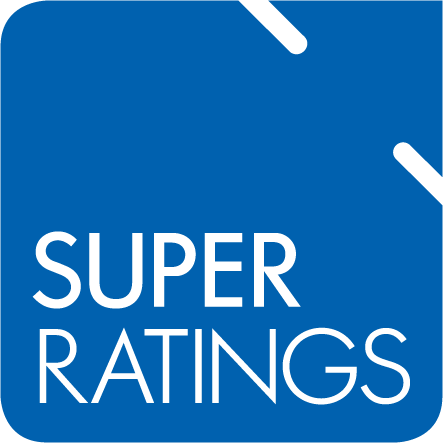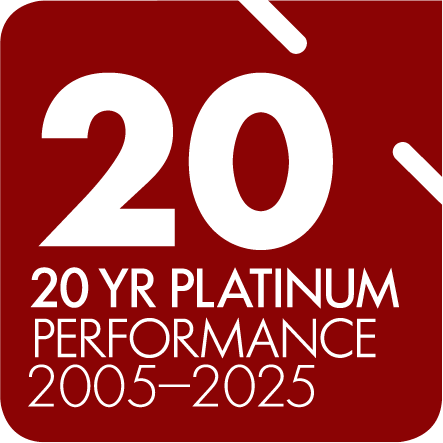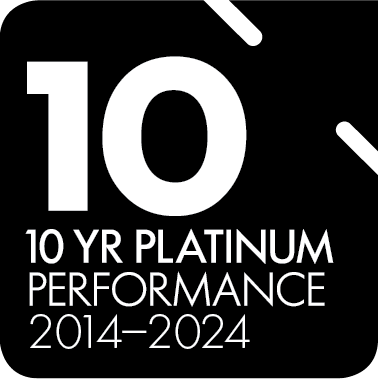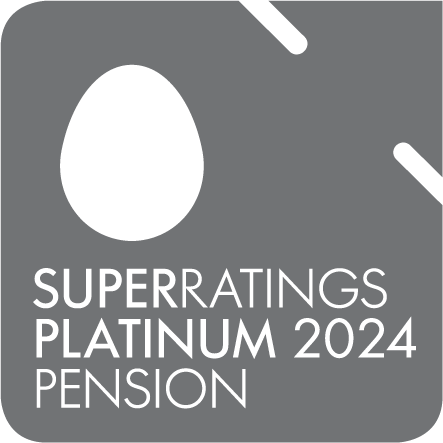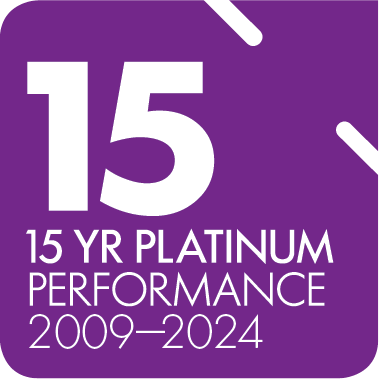How much do you earn?
It’s a simple question that carries a lot of weight. One that many Australians are uncomfortable discussing even among their closest friends.
A poll conducted by University of New South Wales (UNSW) found that almost 90% of Australians surveyed said they were an average household, with an average income, somewhere in the suburban middle.
But is that true? And how does your salary compare to your neighbours, friends or relatives?
Read on to find out.
Median incomes and middle Australia
According to the latest figures from the Australian Bureau of Statistics (ABS), the median income in 2018 was $1,288.70 per week, or about $67,000 a year.
But when you break that down between men and women there’s a stark difference. The median men’s salary was $79,300 per year, vs $54,700 for women.
While gender is one variable. Industry, location, and age also determined income.

